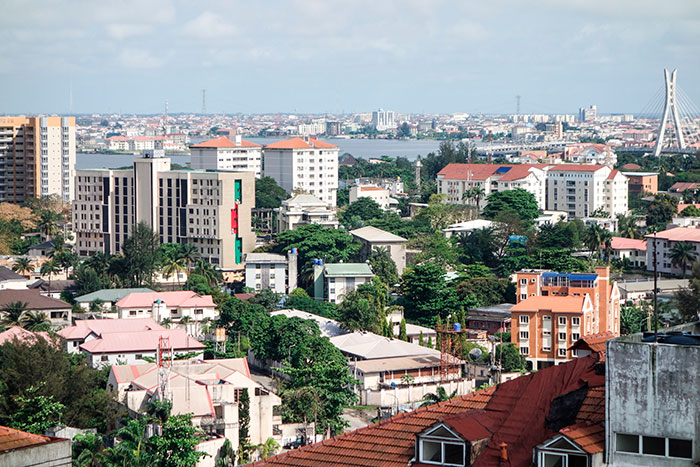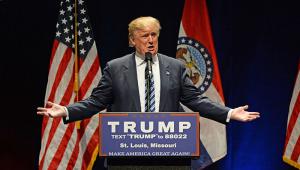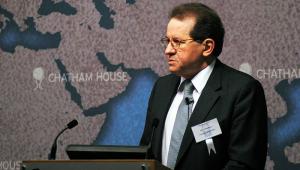lagos-nigeria-shutterstock_229106317.jpg

Lagos, Nigeria.The ODI said countries with rapidly depreciating currencies, like Nigeria, are set to be the worst hit by the impact of a US interest rate rise. ©Shutterstock
Market analysis, based on trades of Treasury futures, found anticipation of a rate rise among traders later this month following Trump’s victory, as well as the prospect of further rate increases in future. This could reduce demand for soverign debt from sub-Saharan African nations, potentially making it more expensive for them to borrow, which would potenitally rob them of a key element of their primary financing strategy.
In a paper published yesterday, the ODI’s Phyllis Papadavid highlighted that, in the aftermath of the election, global bond prices have plummeted by approximately $1tn due to changes in US bond yields.
Longer-term yields have been on the rise in the aftermath of the election, prompted by the expectation Trump will substantially up spending and cut taxes – boosting growth and likely, in the long term, US debt.
By some estimations, US federal debt could grow by as much as $7.2tn over the next ten years, meaning this effect is likely to be prolonged. It is also likely to lead to sustained interest rate rises from the Fed.
The Fed’s board will get a new chair in 2018. Papadavid warned that a replacement that is more aligned with Trump’s policies and inward-looking mindset might be less concerned with ensuring changes in the US economy do not trigger chaos elsewhere.
Sustained US rate rises could have “multiple channels of transmission” to sub-Saharan Africa, Papadavid continued.
These could manifest as higher longer-term financing costs for developing and emerging economies looking to borrow, as well as making it more expensive to service existing debts. Higher US rates could also narrow the scope for countries that have come to turn to the global financial markets to finance infrastructure or to otherwise facilitate domestic investment.
Papadavid said larger sub-Saharan African economies with more developed financial sectors, such as Kenya, are already feeling the painful effects.
Looking ahead, countries that will be particularly vulnerable in future include those like Nigeria, Zambia and Mozambique, where currencies have depreciated by 73%, 54% and 40% respectively.
With currencies already depreciating, the effects of US interest rate rises will be compounded, further increasing the cost of servicing sovereign and corporate dollar debt.
“If sustained, [this] could reduce the ability of sub-Saharan African governments to effectively raise this level of finance, at a time when credit inflows and economic growth are already slowing,” warned Papadavid.













